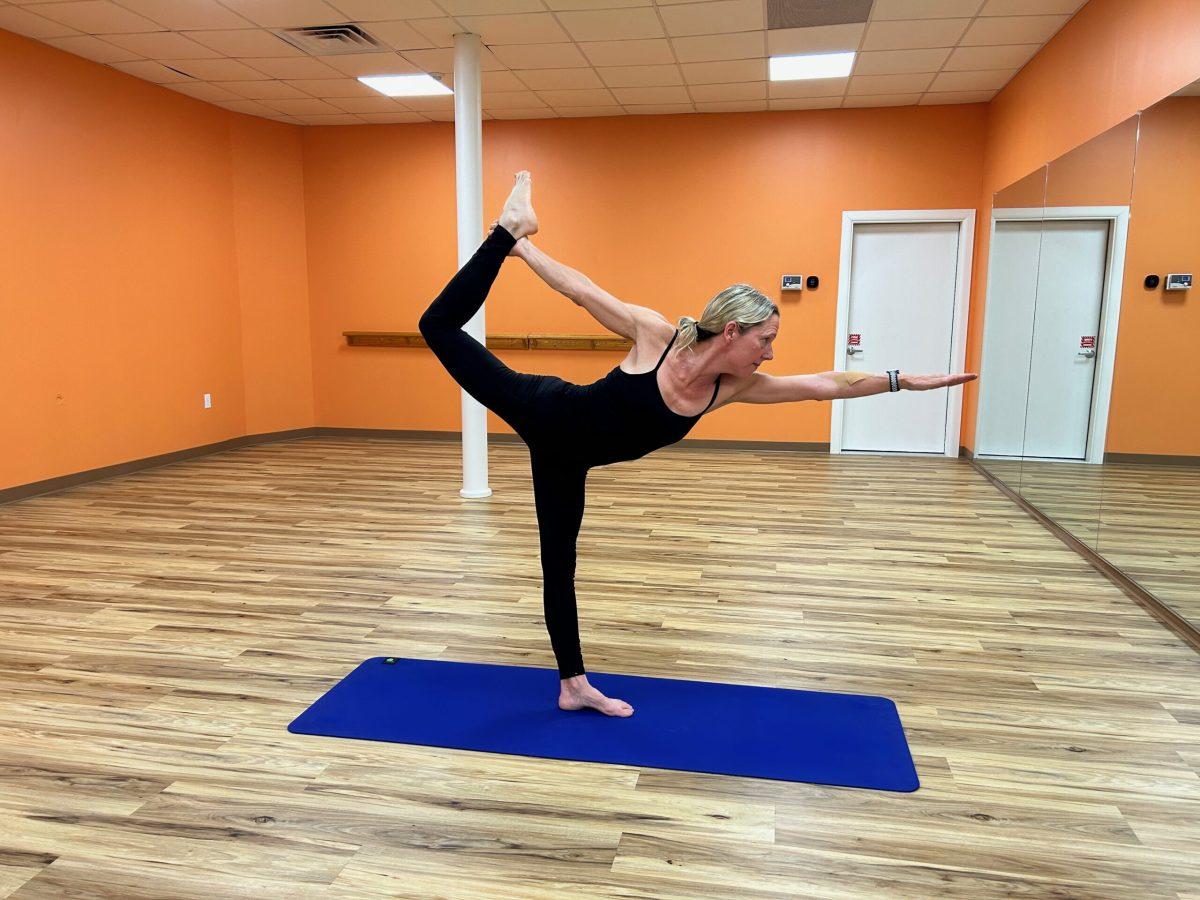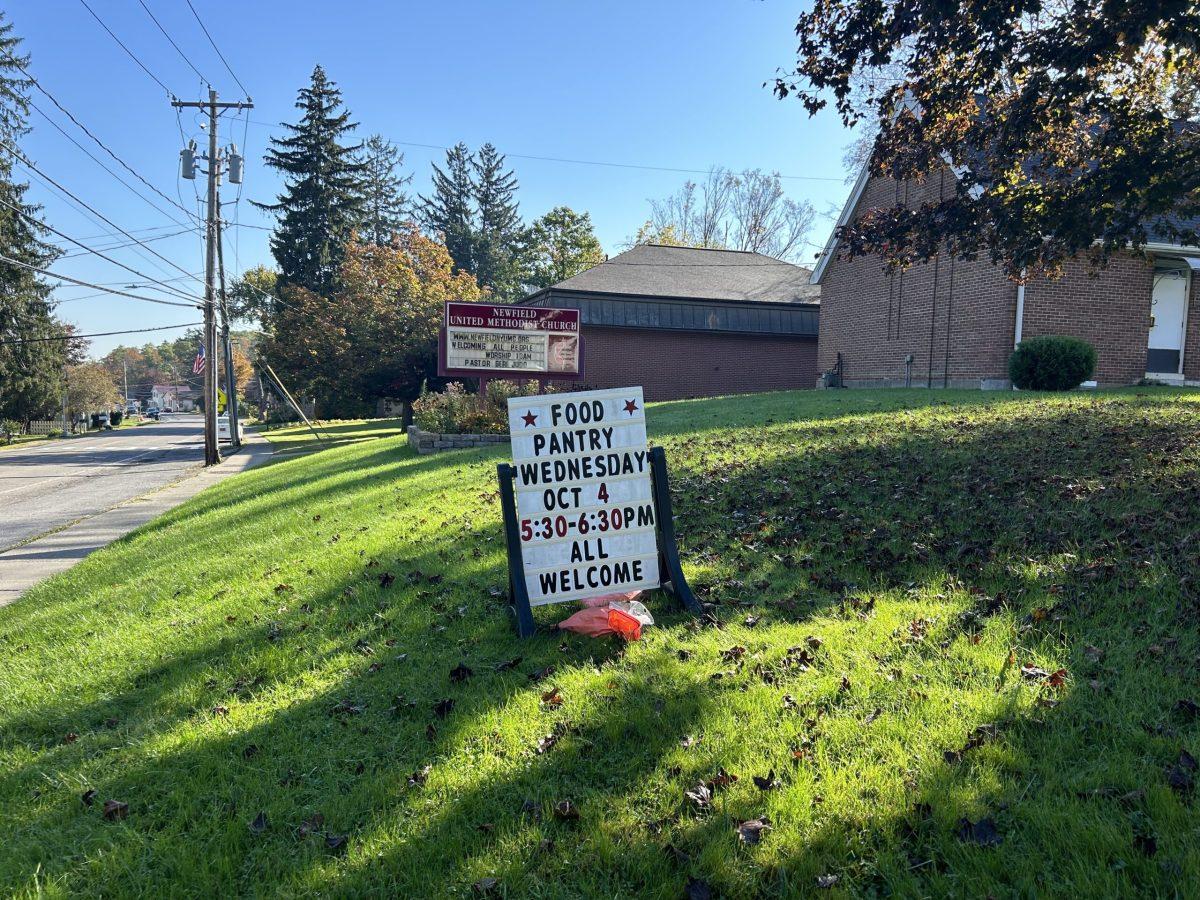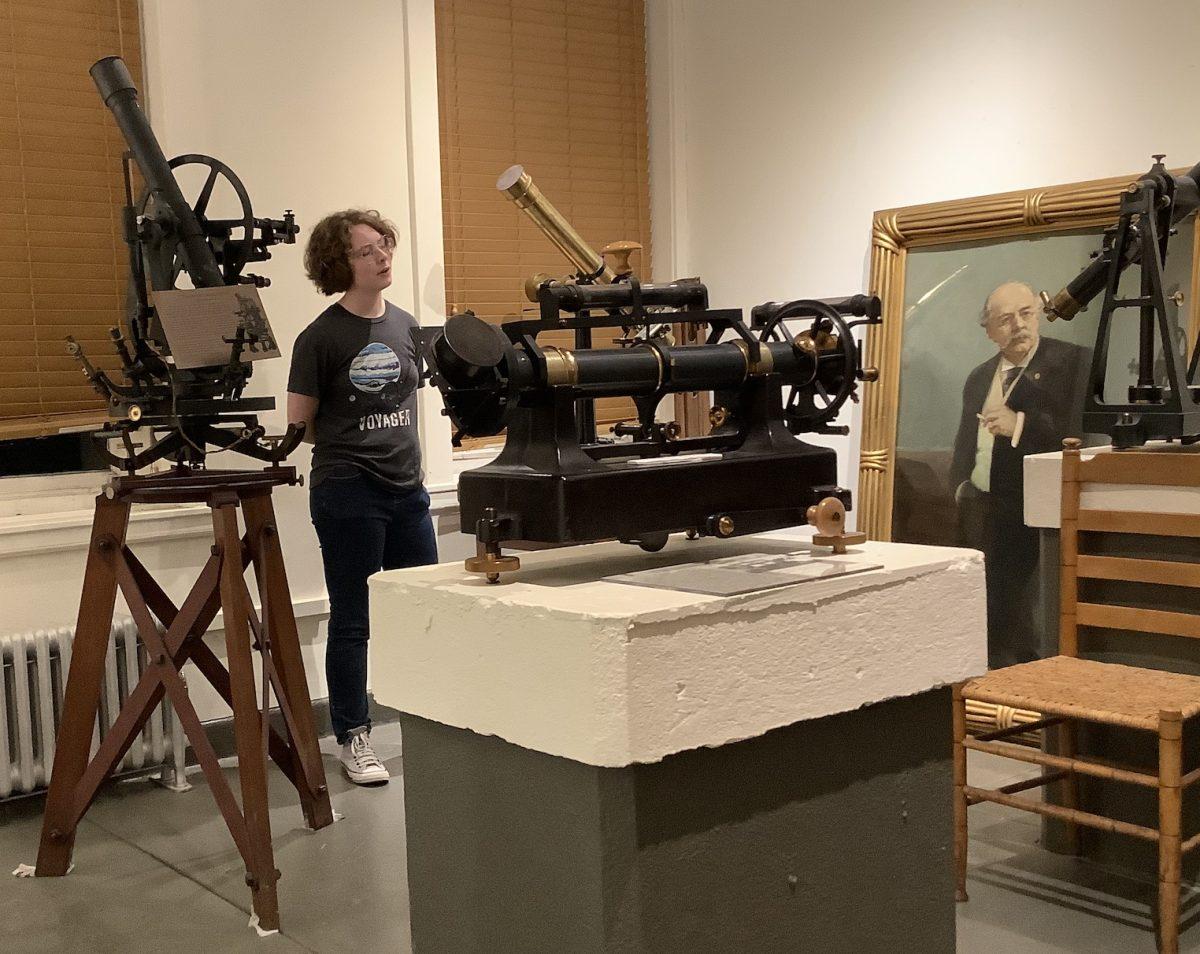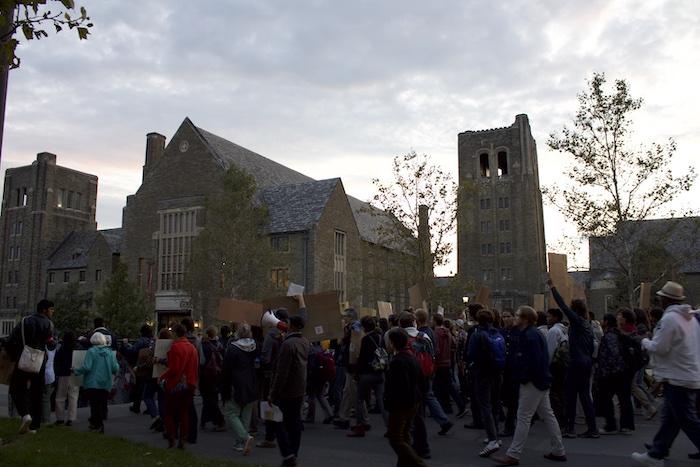
“The average age they start is between 12 and 14.”
On Tuesday Nov. 13, Dr. Vivian Pender, Clinical Professor of Psychiatry at Weill Cornell Medical College, led a discussion on sexual commercial exploitation of children (CSEC), also known as human trafficking.
About 30 students attended the event, hosted by Students Against the Solicitation of Youth (SASSY), on Cornell’s campus.
In her presentation, Dr. Pender said profits from human trafficking reach up to $32 billion every year. She learned about the topic while working at the United Nations, where she has served for 20 years as representative to the International Psychoanalytical Association and American Psychiatric Association.
“I was especially interested in the emotional and psychological consequences and ramifications of sexual violence whereas many groups were interested in the physical results of sexual violence,” Dr. Pender said.
One case Dr. Pender worked on and spoke about was that of 30-year-old Holly Austin Gibbs, a survivor of child sex trafficking. Gibbs suffered abuse when she was about five years old by family members and a neighbor.
“And by the time she was 14, I think, she started being trafficked because basically she was being neglected at home and nobody was watching. Nobody was protecting her and she was an easier target for a trafficker to pick her up at the mall,” Dr. Pender said.
Dr. Pender explained that vulnerable populations to trafficking include individuals who experienced childhood abuse or neglect, children involved in foster care and juvenile justice systems, and victims and witnesses of violence.

Another statistic Dr. Pender stressed was that trafficking is legal in 49 countries and that most take place at big events like the World Cup and the Super Bowl.
“… it’s mostly males and they come in groups, so they’re kind of a hoard mentality to it and they’re drinking alcohol. And the traffickers know this so they, you know, have the services lined up.”
The 2015 Justice for Victims Trafficking Act, signed by former president Barack Obama, is the federal law against trafficking. The act defines buyers as “persons who obtain, patronize or solicit commercial sex acts.”
Darshna Anigol, president of SASSY, said she was influenced by Dr. Pender’s discussion and was especially interested on how healthcare plays a role in this topic.
“It really caught my attention because it [human trafficking] is recognized, something people look at and they [medical professionals], as Dr. Pender was saying, actually realize this is a survivor of sexual exploitation, and purely because they don’t know what step to take, nothing happens,” said Anigol.

SASSY was founded in 2009 by nine students when they returned home from Cornell’s alternative spring breaks in New York City. In that trip, they worked with Girls Educational and Mentoring Services (GEMS), an organization that provides services to trafficking survivors from ages 12 to 24, which inspired them to create SASSY.
Through GEMS, Anigol said she realized child trafficking is a pervasive and societal issue for the U.S that isn’t talked about. And despite many people not knowing what trafficking or SASSY is, Anigol said the group is dedicated to raising awareness of it.
“The reason we promote education so much is so people learn CSEC is an issue and that people really kind of understand and internalize it so it’s not just an event they go to and it’s over. And that it’s an issue they continue to care about in one aspect or another,” said Anigol.





